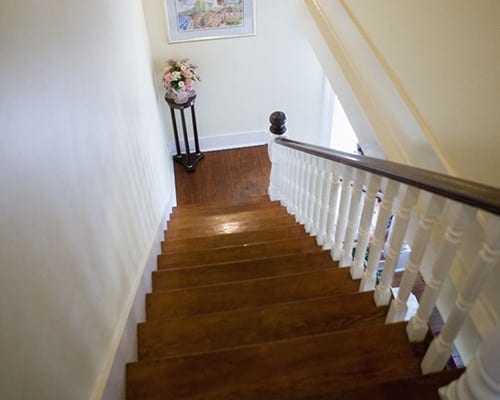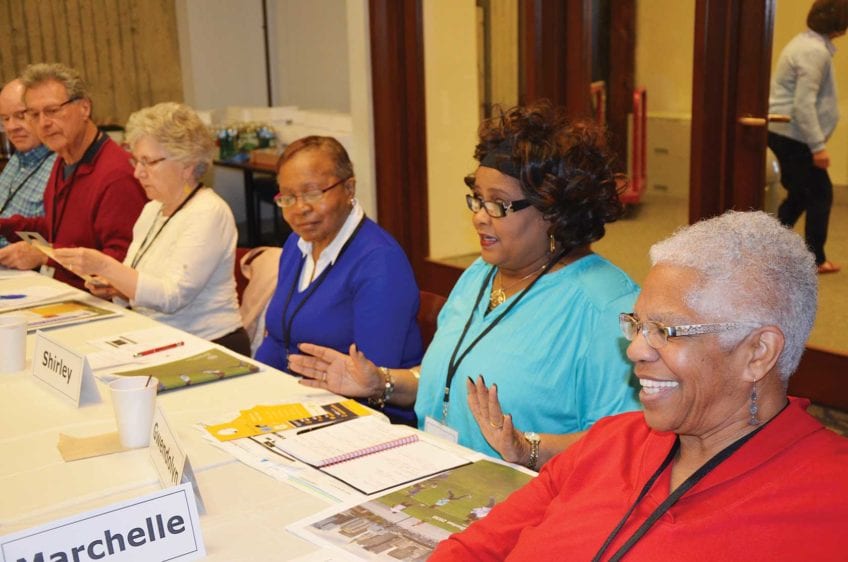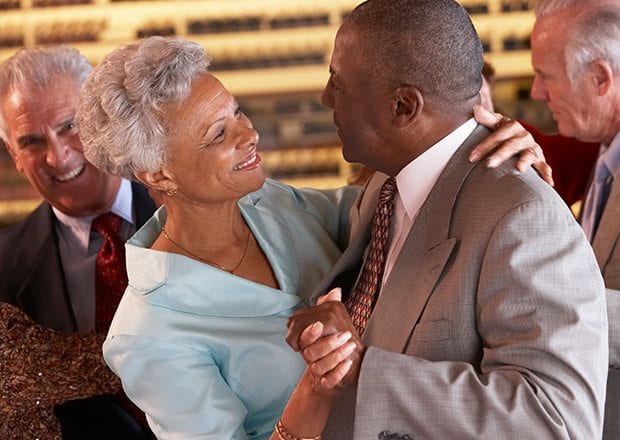
Falls in the elderly are very common. One third of adults aged 65 and older fall each year, according to the Centers for Disease Control and Prevention (CDC) often with dire consequences. Falls are the leading cause of nonfatal injuries among the elderly and result in $30 billion in direct medical costs a year. Falls account for almost all cases of hip fractures and traumatic brain injuries. Many do not fully recover and require long-term care and lose their independence.
Loss of independence is not the worst outcome. Falls are the leading cause of deaths from injuries. In Massachusetts in 2010, falls accounted for the most injury deaths in residents older than 65, as noted in Massachusetts Deaths 2010, a publication of the Massachusetts Department of Public Health. The numbers increase with age. By the age of 85 more than half of injury deaths were caused by falls.
People don’t fall because they get older. Rather, underlying factors, many of which are avoidable, are the culprits behind a tumble.
For instance, muscle weakness, particularly of the legs, is one of the most important risk factors. Neurological or orthopedic conditions such as arthritis of the knee can offset one’s balance when least expected. Poor vision, confusion and medications can also cause the problem.
Poor balance is a significant risk factor. People might complain of dizziness or vertigo, the feeling that the room is spinning. It is not well understood why balance begins to decline with age. What is known is that good balance relies on sensory input from the inner ear, eyes and sensors that provide feedback on the position and movement of the legs and feet. The elderly are prone to a variety of illnesses, such as diabetes and glaucoma that affect these systems. Balance is also dependent on good muscle strength and joint mobility, which are compromised by diseases of the bones and muscles.
Just one fall can have a long-term impact. Older people who have fallen often are so afraid of falling again that they limit their activities, which sets in motion a vicious cycle. They lose mobility and muscle strength thereby exacerbating the risk of falling again.
More than half of all accidents occur in the home, according to NIHSeniorHealth, an online publication of the National Institute on Aging. Poor lighting, slippery floors and other hazards are constant threats. In addition, most falls are not the result of unusual or trick moves. Rather, they happen while doing normal daily activities.
To remain upright elders are advised to do a home safety check as well as a health check.
Causes of falls in older adults
- Confusion
- Medications
- Poor balance
- Slow reflexes
- Poor vision and progressive lenses
- Muscle weakness, especially in the legs
- Sensory problems, such as numbness in the feet
- Sudden drop in blood pressure upon standing or after meals
- Unsafe home environment, such as clutter, steps or poor lighting



![Banner [Virtual] Art Gallery](https://baystatebanner.com/wp-content/uploads/2024/04/Cagen-Luse_Men-at-store-e1713991226112-150x150.jpg)



